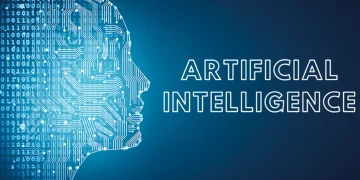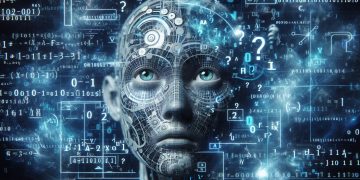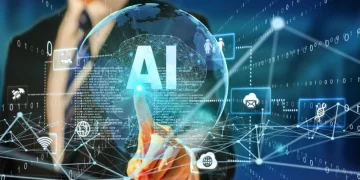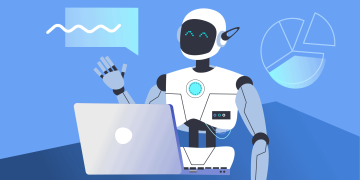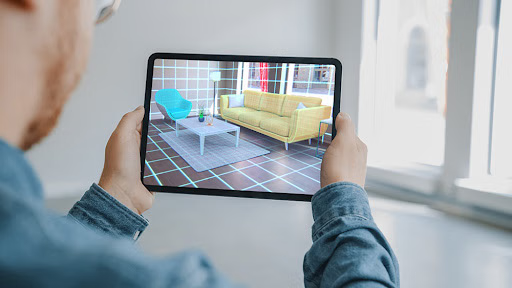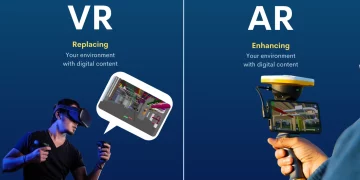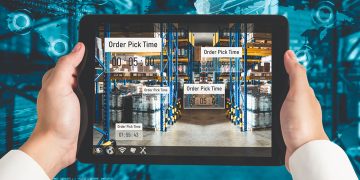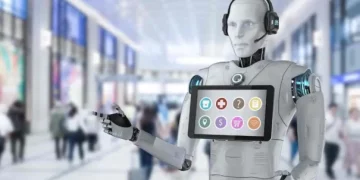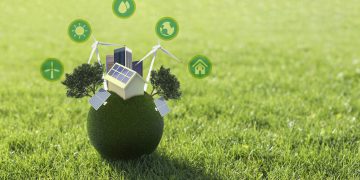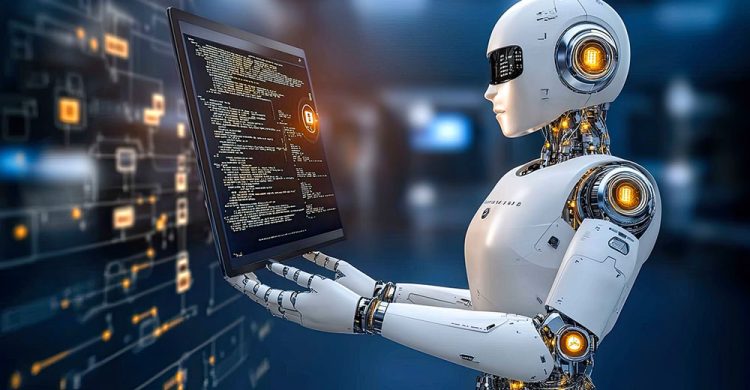Introduction: The Rise of Machines
Artificial Intelligence (AI), a term that once belonged solely to the realm of science fiction, has now become an integral part of our daily lives. From self-driving cars to intelligent virtual assistants, AI’s capabilities have evolved far beyond basic machine learning. As we look to the future, the question arises: How did we get here, and where is AI heading? Could it eventually achieve consciousness, or will it always remain a powerful, albeit mindless, tool?
To understand AI’s potential and limitations, it is crucial to trace its evolution—from its conceptual roots in philosophy to its modern-day applications. This journey takes us through technological advances, philosophical debates, and the inevitable ethical dilemmas that accompany the rise of intelligent machines.
The Origins of Artificial Intelligence
The idea of machines that can think dates back centuries. Long before computers were even conceived, philosophers like René Descartes and Immanuel Kant were exploring the nature of intelligence. Descartes’ famous statement “Cogito, ergo sum” (“I think, therefore I am”) suggested that self-awareness was the hallmark of being. The notion of artificial beings capable of thought, however, didn’t materialize until the 20th century.
The earliest sparks of AI were kindled by Alan Turing, who proposed the famous Turing Test in 1950. This test was designed to measure a machine’s ability to exhibit intelligent behavior equivalent to, or indistinguishable from, that of a human. Turing’s work, alongside early computational models, paved the way for modern AI. His concept of “machine intelligence” was rooted in the idea that intelligence is not confined to human beings—it could, in theory, be replicated in machines.
The Birth of AI: Early Algorithms and Symbolic AI
The 1950s and 1960s marked the dawn of AI research. Early AI systems were based on symbolic reasoning and rule-based algorithms, designed to mimic human problem-solving through logic and structured data. One of the first AI programs, called the Logic Theorist (1956), was developed by Allen Newell and Herbert Simon. This program was able to prove mathematical theorems by simulating human thought processes.
Following the success of the Logic Theorist, AI researchers began to experiment with more sophisticated systems. In the 1960s, programs like ELIZA—a chatbot that mimicked the conversation style of a psychotherapist—began to show that machines could engage in natural language processing. While rudimentary, ELIZA and similar systems sparked a new vision for AI, one that would extend into language understanding, human-computer interaction, and even early forms of machine learning.
Despite these advancements, early AI was limited by the technology of the time. Computers were slow, and programming involved explicit instructions, making it difficult for AI systems to learn from experience or adapt to new situations. The limitations of symbolic AI became apparent, and by the 1970s, research funding began to slow. The so-called “AI Winter” descended upon the field, as many of the lofty promises of AI remained unfulfilled.
The Revival: Machine Learning and Neural Networks
In the 1980s, the field of AI experienced a resurgence, thanks in large part to the rise of machine learning and the re-emergence of neural networks. Unlike symbolic AI, which relied on explicit programming, machine learning algorithms allowed machines to “learn” from data and improve over time without being programmed for every specific scenario.
One of the key advancements of this period was the development of the backpropagation algorithm for training neural networks. This allowed machines to learn from examples, rather than relying solely on predefined rules. The introduction of deep learning in the late 2000s, which used multi-layered neural networks, revolutionized AI by enabling systems to process vast amounts of data and make decisions based on complex patterns.
Deep learning unlocked the ability for machines to perform tasks that were previously thought to be the exclusive domain of humans—image recognition, speech recognition, and even natural language understanding. AI systems like Google’s AlphaGo, which defeated world champion Go players, demonstrated the power of deep learning and reinforced the idea that AI could outperform humans in highly complex tasks.
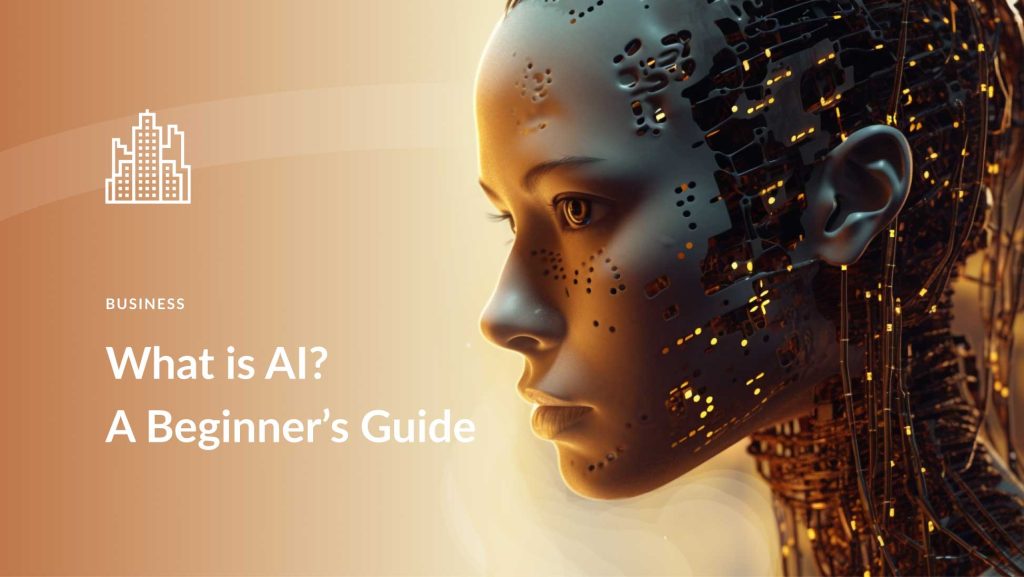
The Current State of AI: From Narrow to General Intelligence
Today, AI is at a crossroads. Narrow AI, also known as weak AI, refers to systems designed to handle specific tasks—such as facial recognition or autonomous driving. These systems have demonstrated impressive capabilities and have been integrated into nearly every industry. However, narrow AI lacks general intelligence, meaning it cannot adapt to new tasks or perform beyond its programmed functions.
The dream of Artificial General Intelligence (AGI)—machines capable of human-like reasoning and cognitive flexibility—remains elusive. AGI would allow machines to not only excel at specialized tasks but also to transfer knowledge across different domains and exhibit problem-solving abilities similar to those of a human. While many researchers believe that AGI is possible, others argue that it may be a distant goal, one that could take decades or even centuries to achieve.
Nonetheless, significant progress is being made. Projects like OpenAI’s GPT-3, which is capable of generating human-like text, and Google’s BERT, which can understand context in language, are steps toward a more generalized form of AI. However, these models still operate within a narrow domain and rely on massive datasets to “learn” patterns. The leap to true AGI will require not only more advanced algorithms but a deeper understanding of how intelligence itself works.
The Philosophical Debate: Can AI Achieve Consciousness?
As AI progresses, the question of whether machines can ever achieve consciousness remains a subject of intense philosophical debate. Consciousness, in its simplest form, can be understood as the awareness of one’s existence and the ability to reflect upon it. The question is, can a machine—no matter how advanced—ever achieve this kind of self-awareness?
Some argue that consciousness is intrinsically tied to biological processes. For example, John Searle’s famous “Chinese Room” argument suggests that even if an AI system can understand and respond to language fluently, it does not truly “understand” in the way that humans do. According to this view, AI could simulate intelligence but would never achieve true self-awareness.
On the other hand, proponents of the theory of functionalism argue that consciousness is not necessarily tied to biology. They propose that any system capable of processing information in a certain way—whether biological or artificial—could achieve consciousness. This perspective suggests that, given the right kind of architecture, AI might one day experience subjective awareness.
However, regardless of whether AI can achieve consciousness, many agree that the development of AGI presents profound ethical and societal challenges. If AI systems were to gain some form of self-awareness, how should they be treated? Would they deserve rights? Could they be held accountable for their actions?
The Future of AI: Beyond Algorithms, Towards True Intelligence
As we look to the future, AI will continue to evolve in unexpected ways. We can expect advances in neural architecture, more powerful quantum computing capabilities, and new algorithms that push the boundaries of what AI can do. But the big question remains: Can AI ever transcend its current limitations and become something more?
There are those who believe that AI will eventually lead to the development of machines with true human-like consciousness. These machines would not only think and reason like humans but also feel, learn, and experience the world in ways similar to us. This prospect raises profound questions about ethics, control, and the very nature of what it means to be “alive.”
For now, AI remains a powerful tool—one that has already transformed industries, economies, and even our daily lives. However, the pursuit of AGI and the possibility of conscious machines will continue to drive both scientific inquiry and philosophical exploration for years to come.
In the end, the evolution of artificial intelligence is not just about developing smarter machines; it is about exploring the boundaries of human intelligence and existence itself. As AI advances, it forces us to confront our own understanding of what it means to be conscious, to think, and to be alive. The future of AI may very well be the future of human consciousness.


